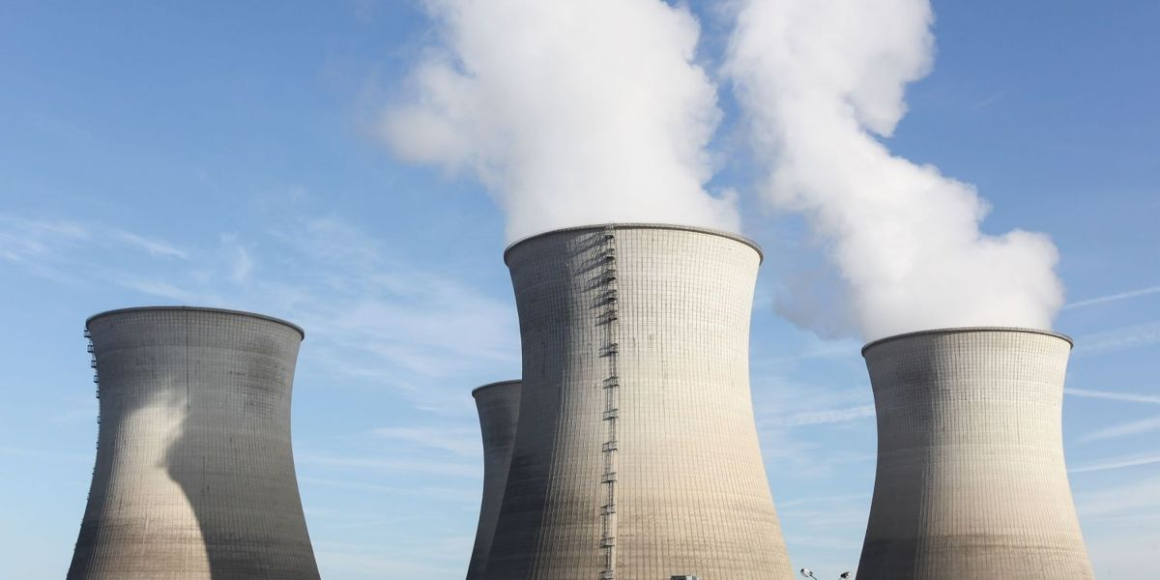As the year closes, we’re taking a look back at our most popular uranium news articles of 2024.
The uranium sector has been on a rollercoaster in 2024, a year that saw the uranium price break above US$100 per pound.
Countries concerned with the metal, especially the United States, China and Russia, were the drivers of some of the biggest uranium news items in 2024. News of a major acquisition also made the cut as one of the year’s biggest uranium headlines.
Read on for the list of our top five uranium stories of 2024, including updates on what has happened since.
Among the biggest uranium news during the first half of 2024 is the United States’ Prohibiting Russian Uranium Imports Act, which was signed into law by US President Joe Biden on May 13 after it received unanimous approval in the Senate on April 30.
The act, which took effect on August 11, ended the country’s three-decade dependence on Russian uranium.
Under the new law, the Department of Energy (DOE) is allowed to issue waivers authorizing Russian uranium imports according to limits established in an anti-dumping agreement. This usually is for cases where buyers are not able to find an alternative option.
The statute is set to expire at the end of 2040.
China made headlines when it announced its approval of 11 nuclear reactors across five major areas: Jiangsu, Shandong, Guangdong, Zhejiang and Guangxi.
State-owned entities China National Nuclear (CNNC) and China General Nuclear Power Group (CGN) were assigned to oversee the construction of the majority of these projects.
According to China, the construction of these reactors forms part of its broader strategy to significantly increase its nuclear power capacity by 2035.
As a response to the US’ ban on Russian uranium imports, Russia announced its temporary restrictions on enriched uranium exports to the US on November 15.
Like the US’ allowance of waivers, the Russian decree also accounts for special cases where companies with permits from the export control watchdog are allowed to export uranium to the United States.
Nearly a month before the US ban on Russian uranium import took effect, the country said that its Department of Energy (DOE) would purchase up to US$2.7 billion worth of low-enriched uranium from domestic sources.
The proposal, issued on June 27, said that the purchase would “enhance national energy security and create new jobs in the nuclear industry.”
“(These companies) will be able to compete for future work to supply LEU, fostering strong commercial sector investment,” the DOE press release read.
According to the DOE, all contracts are valid for 10 years and each company receives a minimum contract of US$2 million.
The terms of the agreement state that “Paladin will acquire 100 percent of the issued and outstanding shares of Fission, while Fission shareholders will receive 0.1076 fully paid shares of Paladin for each Fission share they hold.”
Once completed, Paladin shareholders will hold 76 percent of the company, while Fission shareholders will collectively hold the remaining 24 percent.
“The combination of Paladin and Fission creates a world-class diverse uranium producer operating in multiple countries, with a high-quality portfolio of production, development and exploration assets,” Paladin CEO Ian Purdy said in a December 19 press release.
Securities Disclosure: I, Gabrielle de la Cruz, hold no direct investment interest in any company mentioned in this article.


Leave a Reply